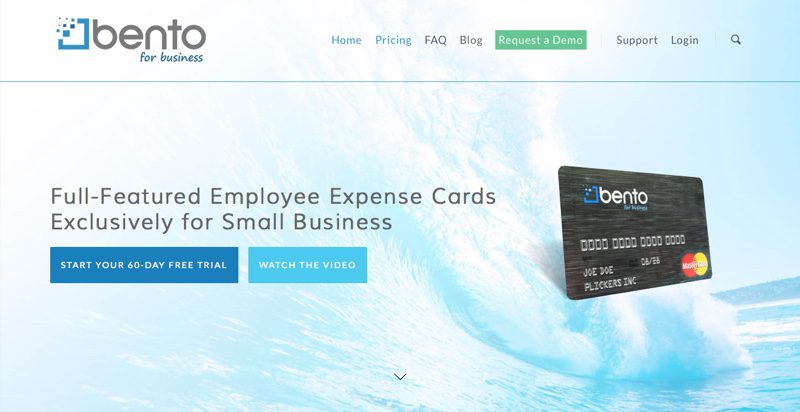The news last week that Ripple raised $55 million in Series B financing is a reminder of how a growing number of financial institutions are using digital currencies to improve the cross-border payments process. The investment comes courtesy of Standard Chartered, Accenture Ventures, SCB Digital Ventures, and SBI Holdings, and also featured participation from Santander Innoventures and Venture 51.
“Our mission is to make cross-border payments truly efficient for banks and their customers, and in doing so, lay the foundation for an Internet of Value where the world moves money as easily as information,” Ripple co-founder and CEO Chris Larsen explained. Ripple will use the funding, which takes the company’s total capital to more than $93 million, to grow its customer base and its team, as well as help secure strategic partnerships.
Founded in 2012 and headquartered in San Francisco, California, Ripple demonstrated its technology as OpenCoin at FinovateSpring 2013. An innovator in using digital currencies and distributed ledger technology to help increase the efficiency and lower the costs of cross-border payments for FIs, Ripple added multi-sign functionality to its consensus ledger in July, a month after the company announced that it was working with seven banks to “accelerate and improve” their cross-border payments service. Ripple picked up the first New York BitLicense from the New York Department of Financial Services this summer, and began the year partnering with SBI Holdings in a joint venture called SBI Ripple Asia that will bring Ripple’s cross-border payment solution to banks in the Asia-Pacific region.
Ripple currently features 15 of the top 50 global banks in its global network, with pilot projects for more than 30 banks already completed. Calling the company “one of the most advanced distributed financial technology” firms in the industry, Global Head of Transaction Banking at Standard Chartered Alex Manson pointed out that Ripple’s technology was already a “tested and viable solution.” This, Manson said, would lead the way for collaboration between Standard Chartered and Ripple to “co-develop more use cases to better serve our clients and their ecosystems’ needs in an evolving marketplace.” Accenture’s Richard Lumb added that the use-cases for distributed financial technology go beyond cross-border payments, including services like real-time reporting and fraud detection.
In addition to the funding, Ripple announced a number of new additions to its network. These banks include:
- BMO Financial Group
- Mizuho Financial Group (MHFG)
- National Australia Bank (NAB)
- Siam Commercial Bank (SCB)
- Shanghai Huarui Bank
- Standard Chartered
Larsen called 2016 “the year where the most forward-thinking financial institutions are actually using blockchain technologies for payments and settlements rather than as an experiment.” He called the new additions a “major endorsement” of Ripple’s technology and the company’s capacity to build a “modern payments system to enable new economic opportunities and the seamless flow of value around the world.”



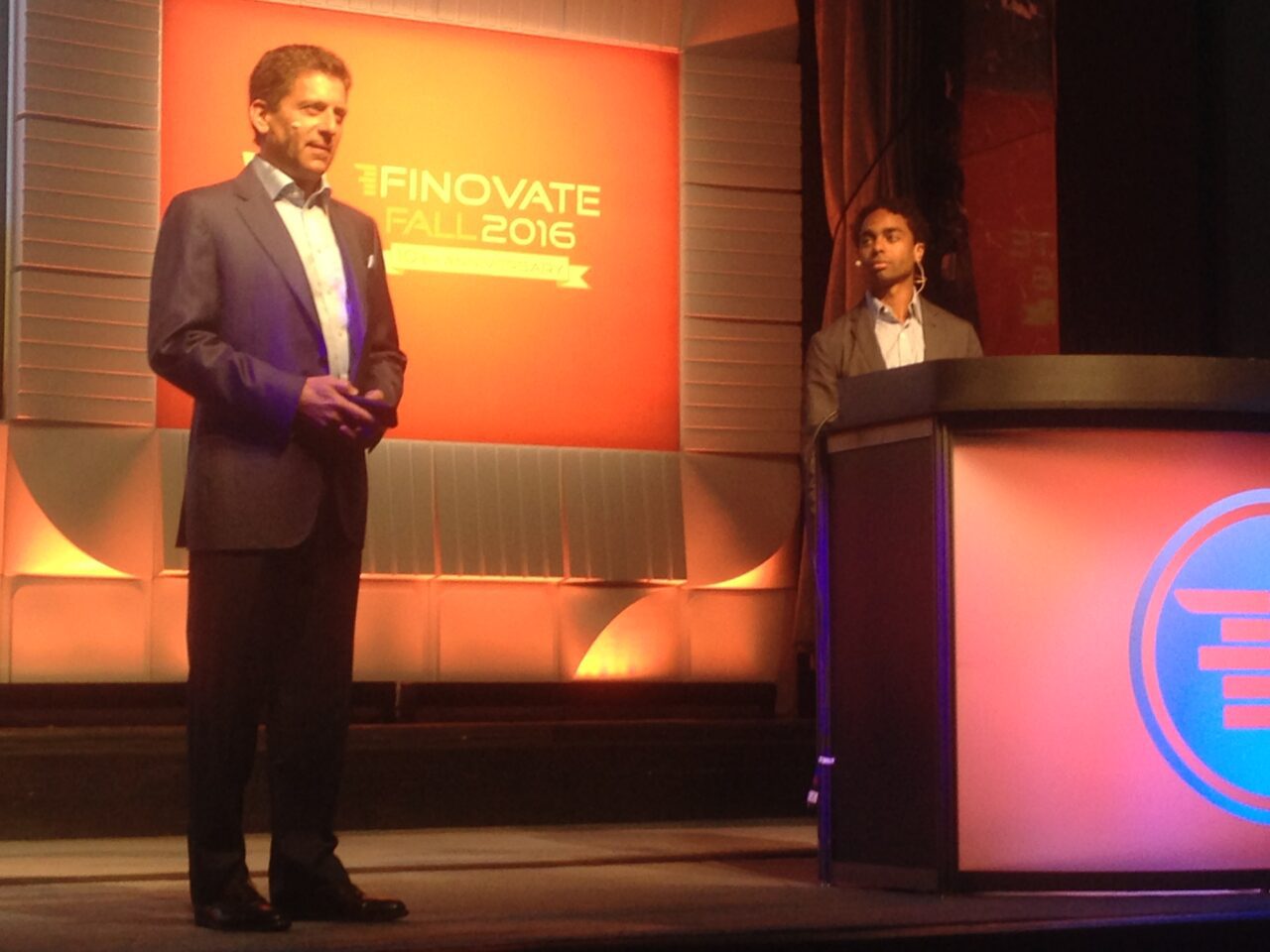
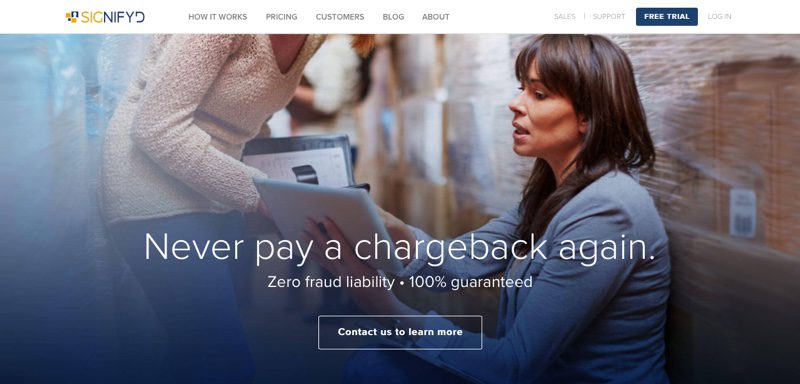
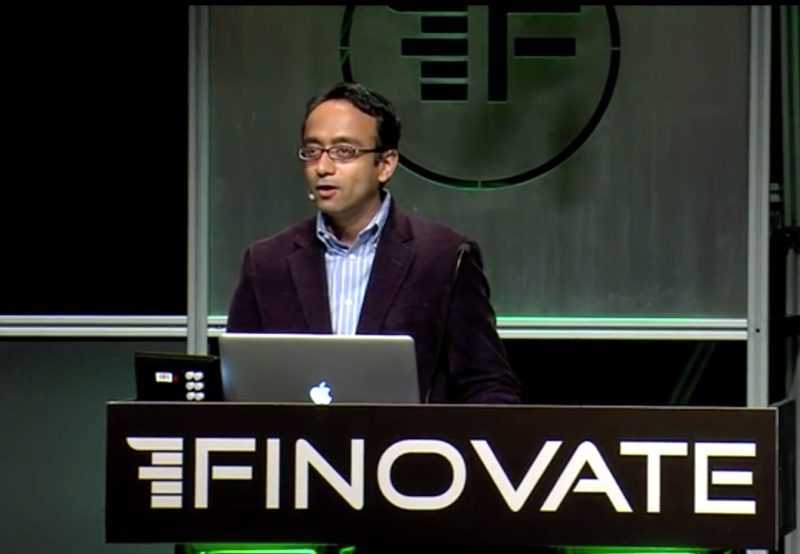
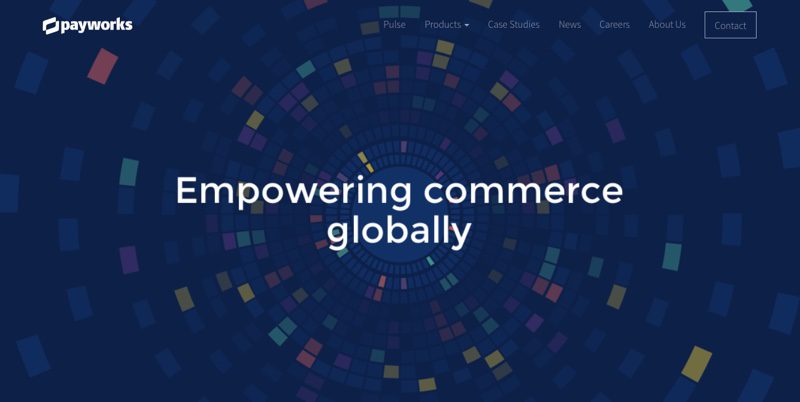
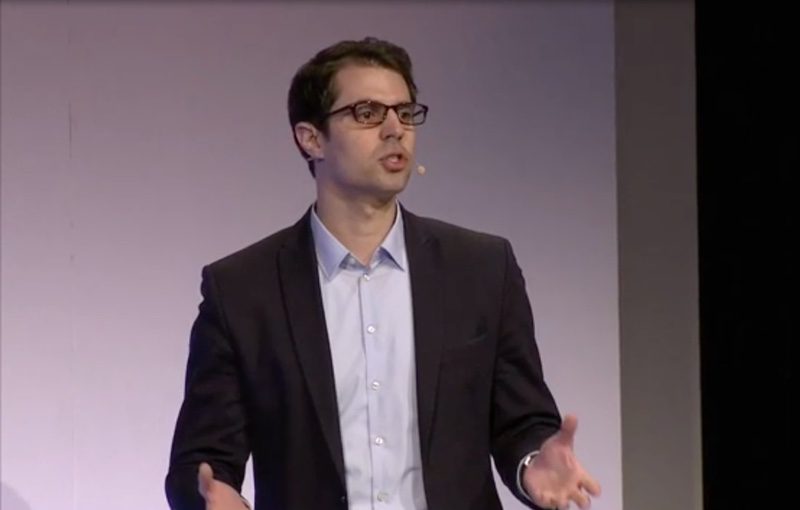
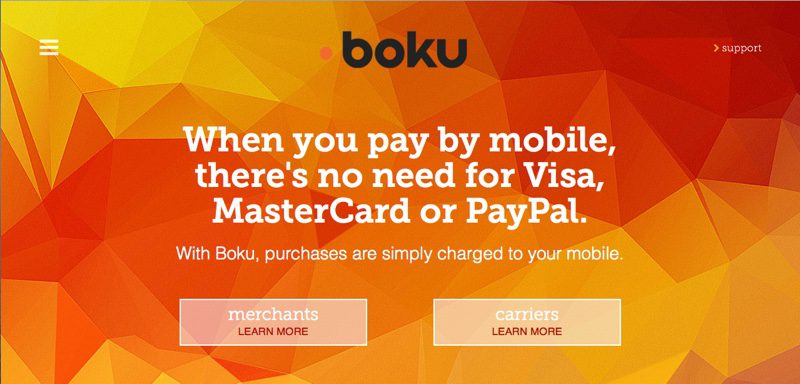

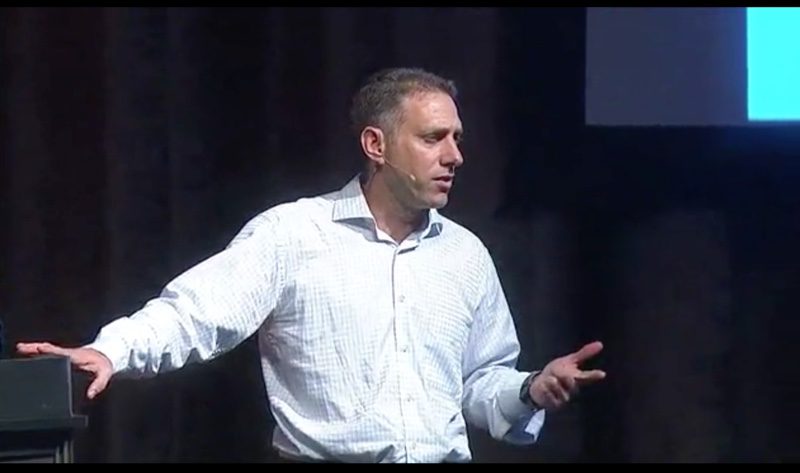
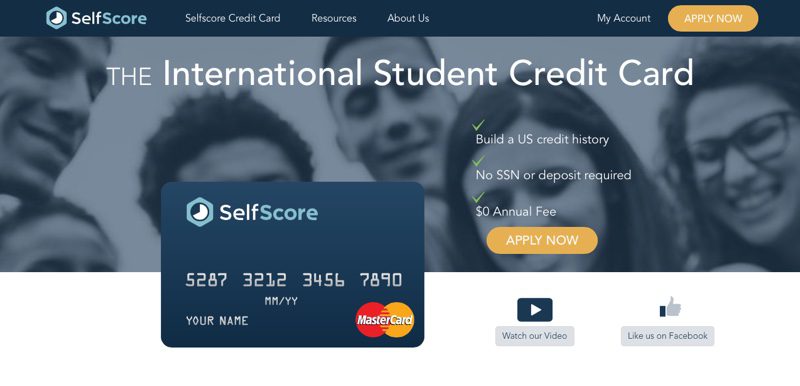
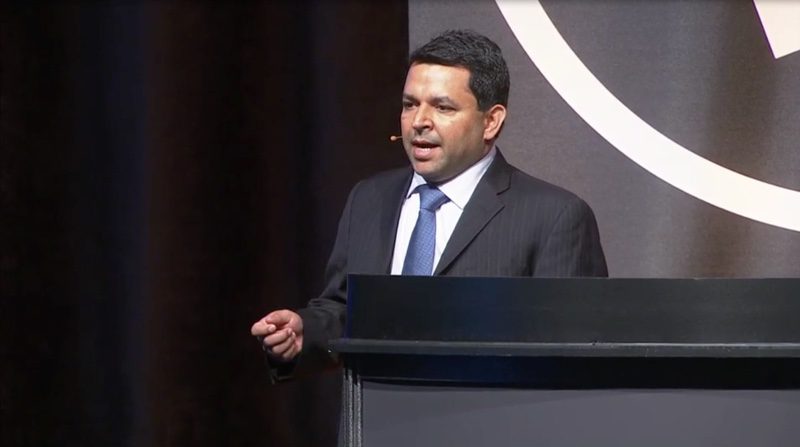
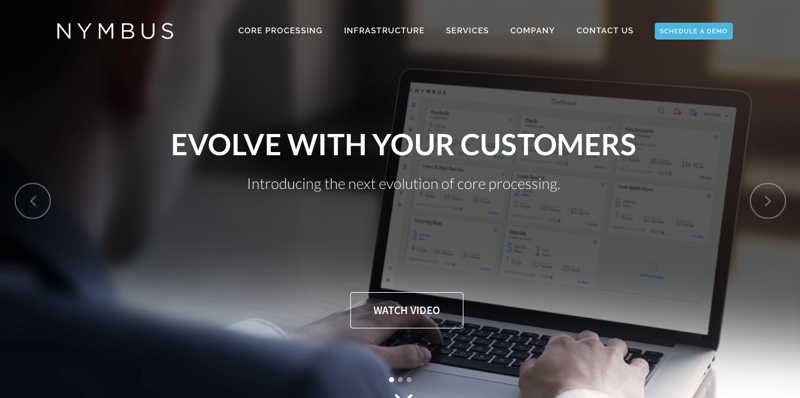
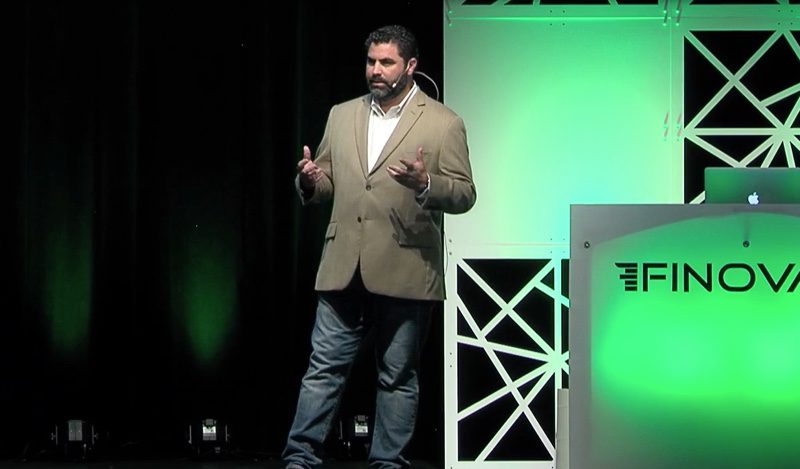
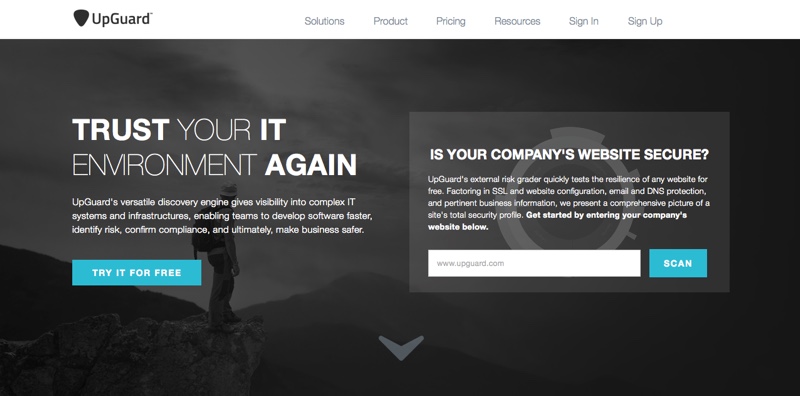
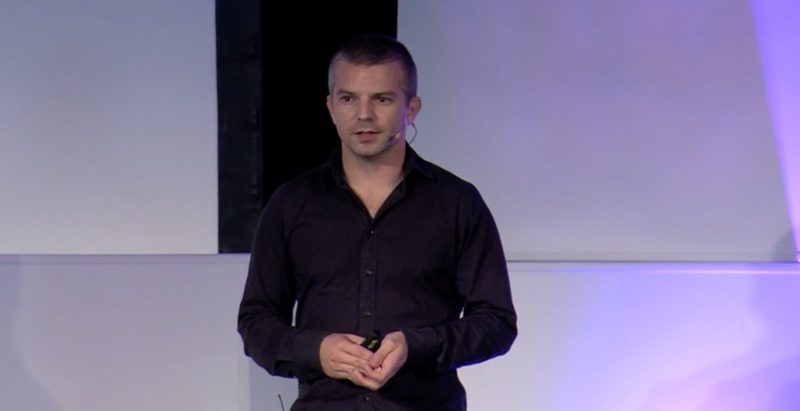
 Similar to the way financial risk is aggregated into credit scores for consumers, CSTAR gives businesses such as ADP, Citrix, and Rackspace a single, wholistic risk metric that still enables them to drill down to the server or device level to spot and remedy potential vulnerabilities. UpGuard believes CSTAR can serve as the basis for a cyber-risk benchmark for businesses and consumers alike, and will explore new opportunities with insurance companies, such as with IAG, to help them better assess their customer’s cyber risks. The company also provides a
Similar to the way financial risk is aggregated into credit scores for consumers, CSTAR gives businesses such as ADP, Citrix, and Rackspace a single, wholistic risk metric that still enables them to drill down to the server or device level to spot and remedy potential vulnerabilities. UpGuard believes CSTAR can serve as the basis for a cyber-risk benchmark for businesses and consumers alike, and will explore new opportunities with insurance companies, such as with IAG, to help them better assess their customer’s cyber risks. The company also provides a 



